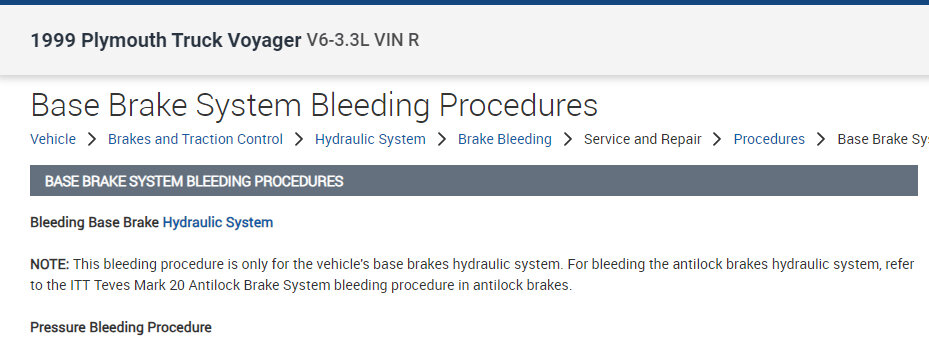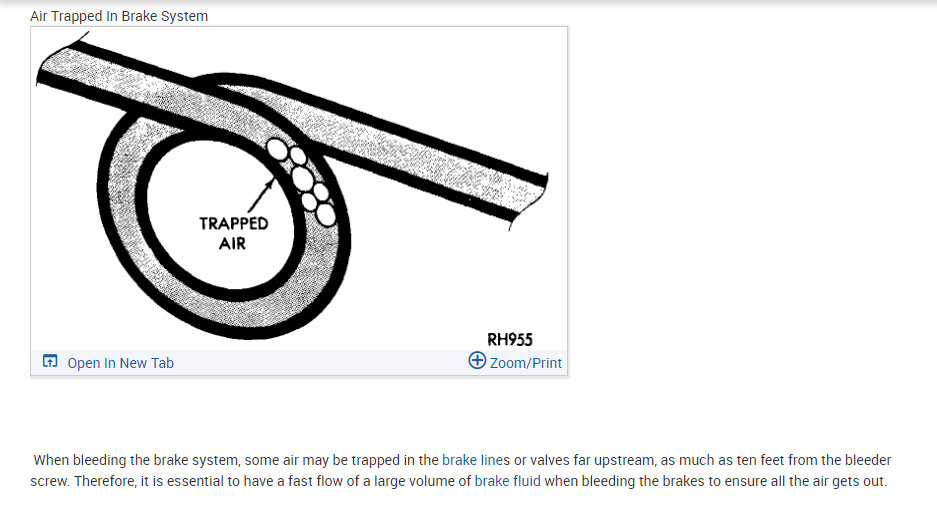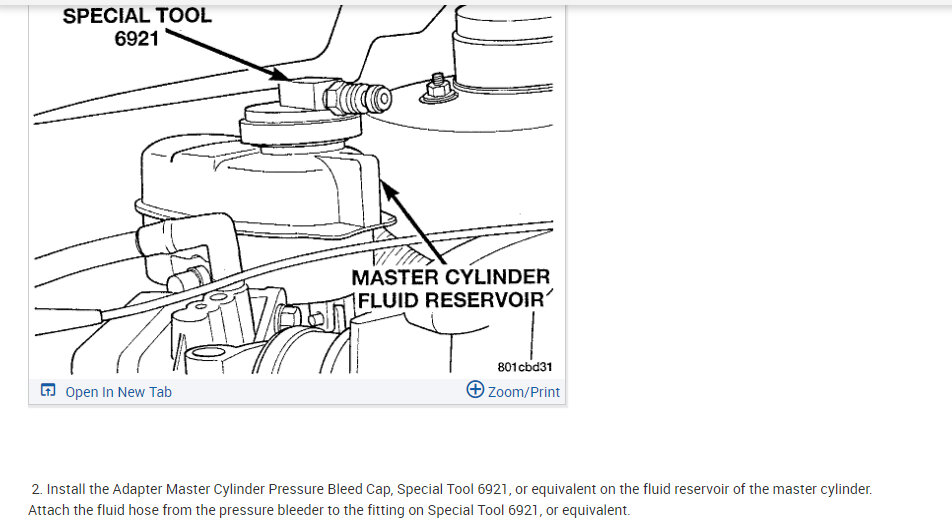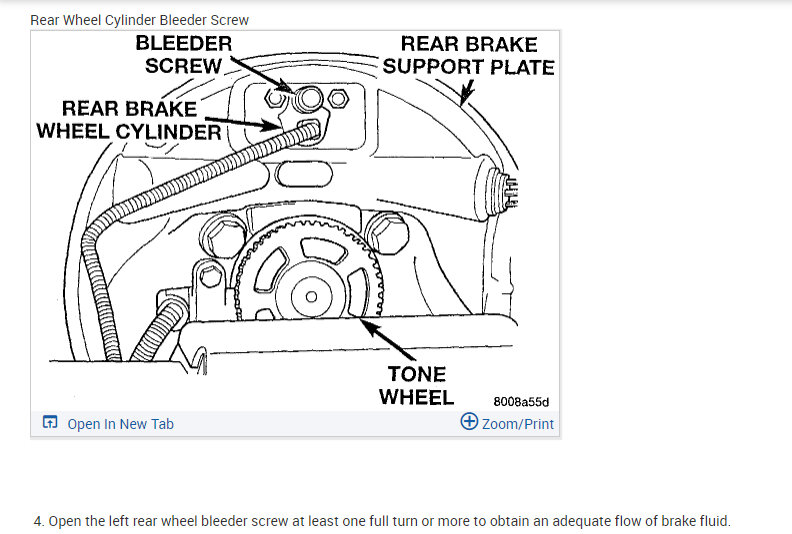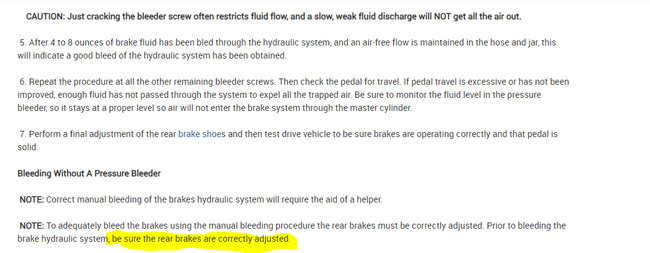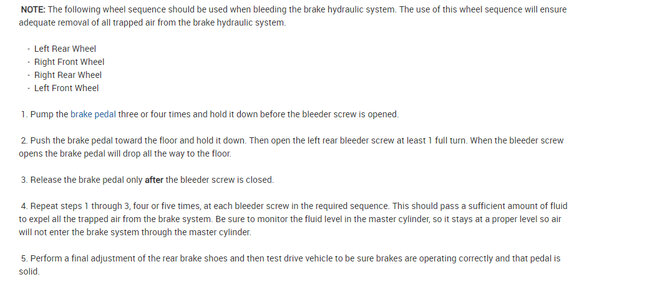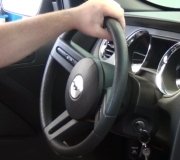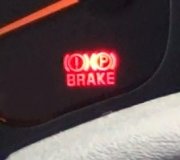Sunday, March 10th, 2024 AT 1:55 PM
I replaced all the brake lines and the front calipers. The brakes have been bled on all four wheels. The pedal will not maintain pressure. It takes 2 or 3 pumps and then will hold steady. I can't do the ABS autobleed with my scanner. Something about a COR or something specific to Chrysler. I didn't bench bleed the master but bled it in the car and there doesn't appear to be any air coming out. Is it possible the small return port in the master could be plugged and cause this issue? BTW my scanner is a Foxwell NT630plus.
